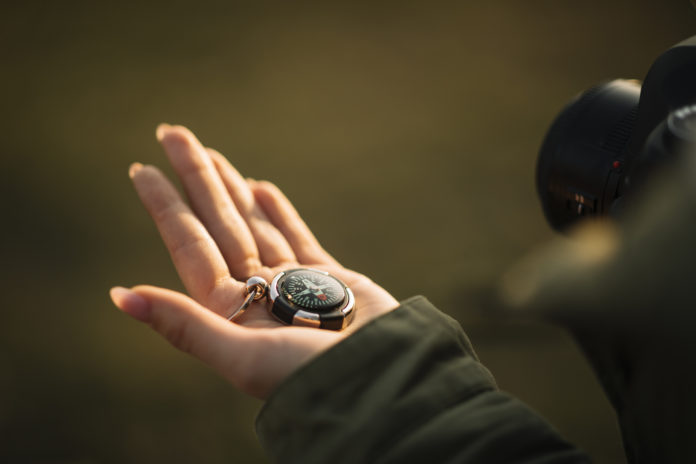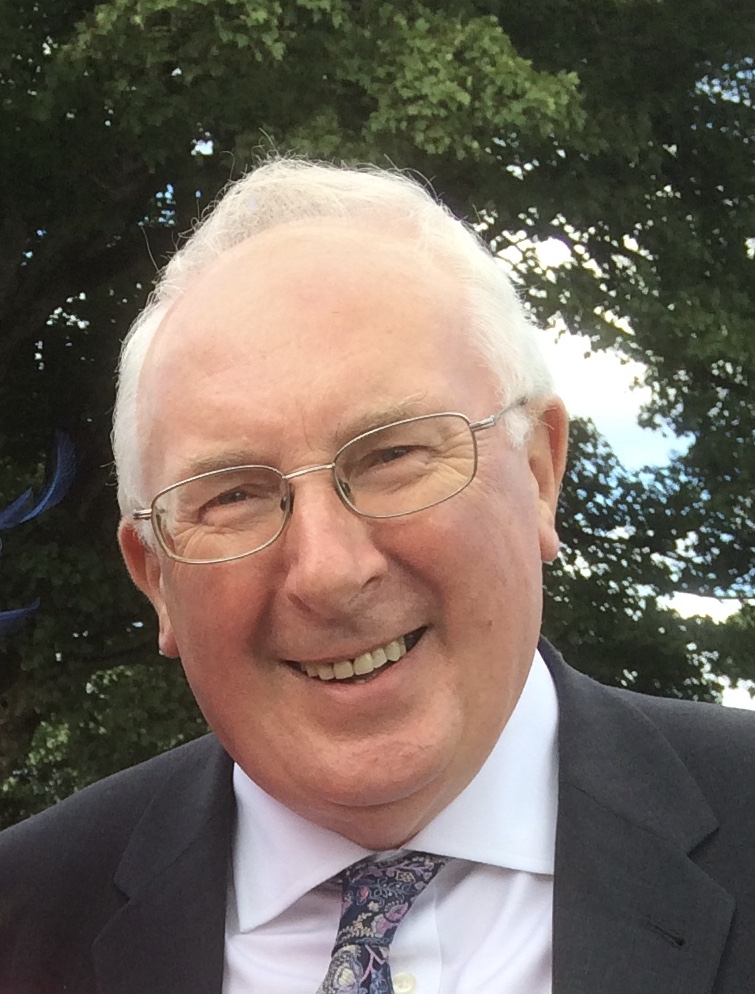
THE phase of cocooning has been extended until Tuesday May 5th, just after the bank holiday weekend.
Gerry Raftery is the Co-Ordinator of Mindfulness Programmes at Personal Milestones and has some tips in how to be compassionate at a time uncertainty and unease.
The Comedian, Tommy Tiernan, has an unusual T.V. chat show on RTE. He doesn’t know who he is going to meet until they sit down in front of him. One of his recent guests was a British Buddhist monk called Gelong Thubten.
Towards the end of the conversation Tommy looked at the monk and asked him to teach him to pray. The monk was surprised by the request, but he had no problem inviting Tommy and his audience to sit still and focus on their breathing.
He did this gently. Then he invited people to make a wish, a prayer: “May I be happy and free from suffering. May all others be happy and free from suffering.”

As the short Prayer/Meditation was coming to an end Gelong Thubten invited people to extend their Prayer or Wish to all people, to let it spread out into the city and the world. He saw it as a desire for Peace, Freedom and Happiness for all.
What the monk did on the Tommy Tiernan show is called the Loving Kindness Meditation in Mindfulness. It is a key part of Compassion in the practice of Mindfulness. When I do this Meditation with people it has a profound effect on them.
Suffering and Compassion
During this time of Covid-19, the Coronavirus Pandemic, we need to exercise a great deal of Compassion towards ourselves, towards those we love and towards all of humanity. We are all in this together.
The suffering which we see around us, the loss of so much, and the sadness which can overwhelm us draws us towards Compassion.
There is the direct suffering experienced by those who contract the virus, those who die and those who mourn their loss. There is indirect suffering caused by loss of work, loss of income, loss of a normal structure in life, especially in the lives of children. Then there is the suffering from isolation and the loss of independence experienced by most people.
Compassion leads us to involve ourselves in the suffering and distress we feel and see around us. We are moved to find ways to alleviate and prevent the suffering. Sometimes we find that we cannot do anything. We just suffer with those who are suffering.
For a long time for me the virus and the deaths associated with it were to some extent statistics. But then I heard that Tom, a lovely man I knew from a neighbouring town, had the virus and he was in intensive care. He was only in his early seventies. He was always cheerful and full of fun. He was a popular member of his community. I felt very sad about Tom, I thought a lot about him and his family, and I prayed for him. My sense of Compassion came to the surface.
Then Tom died at 6.00 a.m. on April 2nd in a city hospital, he was buried by 4.00 p.m. that afternoon. There was no time to give him a proper funeral. His neighbours stood at their doors in a state of shock and sadness as his hearse passed on its way to the local cemetery. That was how they expressed their Compassion.
Compassion towards Self
How can we be Compassionate when most of us cannot go out or only move within a short distance from home? We can feel guilty that we are leaving the Compassionate role to those on the front line, the doctors, nurses, carers, pharmacists, ambulance drivers, gardai, the people working in shops, delivery people and all those who are working harder than ever to relieve suffering and make life safer and better for the rest of us.
So, what can we do? I think there are different levels and expressions of Compassion. Oddly we start by showing Compassion towards ourselves. Remember that the command “Love your neighbour as yourself” assumed that one can and should love oneself. This is psychologically true.
We need to look after ourselves, do what we have to do to stay safe and well at this time. Be kind to ourselves by doing some of the things we like doing and have plenty of time to do now. Take it easy now, without feeling guilty.
Compassion towards self means doing some of the basics, eat properly, take what exercise you are able to take and sleep as best you can. Don’t put yourself under pressure to do things you don’t feel like doing, there is enough pressure around already.
Compassion towards Others
The other expression of Compassion is directed towards others.
In the first instance this is the Compassion we show towards those with whom we live. We need to be sensitive to them, give them their space. At times when they are finding the situation getting them down, allow them the space to feel as they do.
Compassion might mean holding back on the smart remark or an expression of annoyance or anger with a family member. In a small confined world this is not easy. Sometimes saying or doing nothing is the Compassionate response.
Are there practical ways in which we can show compassion towards our neighbours? Check in on older or more isolated people, what do they need? Can you do some shopping or some chores for them? Make an occasional phone-call, a gossipy chat with little bits of local news can reduce their sense of isolation.
There are many simple and ordinary ways in which we can show our Compassion. It doesn’t necessarily require something spectacular. In all probability we are doing a lot of it already.
Finally, we can pray for ourselves and for one another. Once or twice a day we could repeat that Loving Kindness Meditation: “May I be happy and free from suffering. May all others be happy and free from suffering.”Let your Compassion flow towards yourself, towards those you love and care for, and towards all of humanity in this suffering world.
Take Care of Yourself and of One Another. (Gerry Raftery teaches Mindfulness and Meditation in Limerick and Cork.)
The Tommy Tiernan interview with Gelong Thubten can be seen on Youtube.






